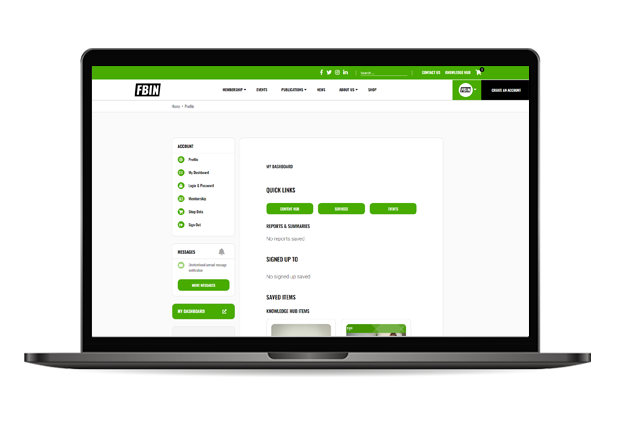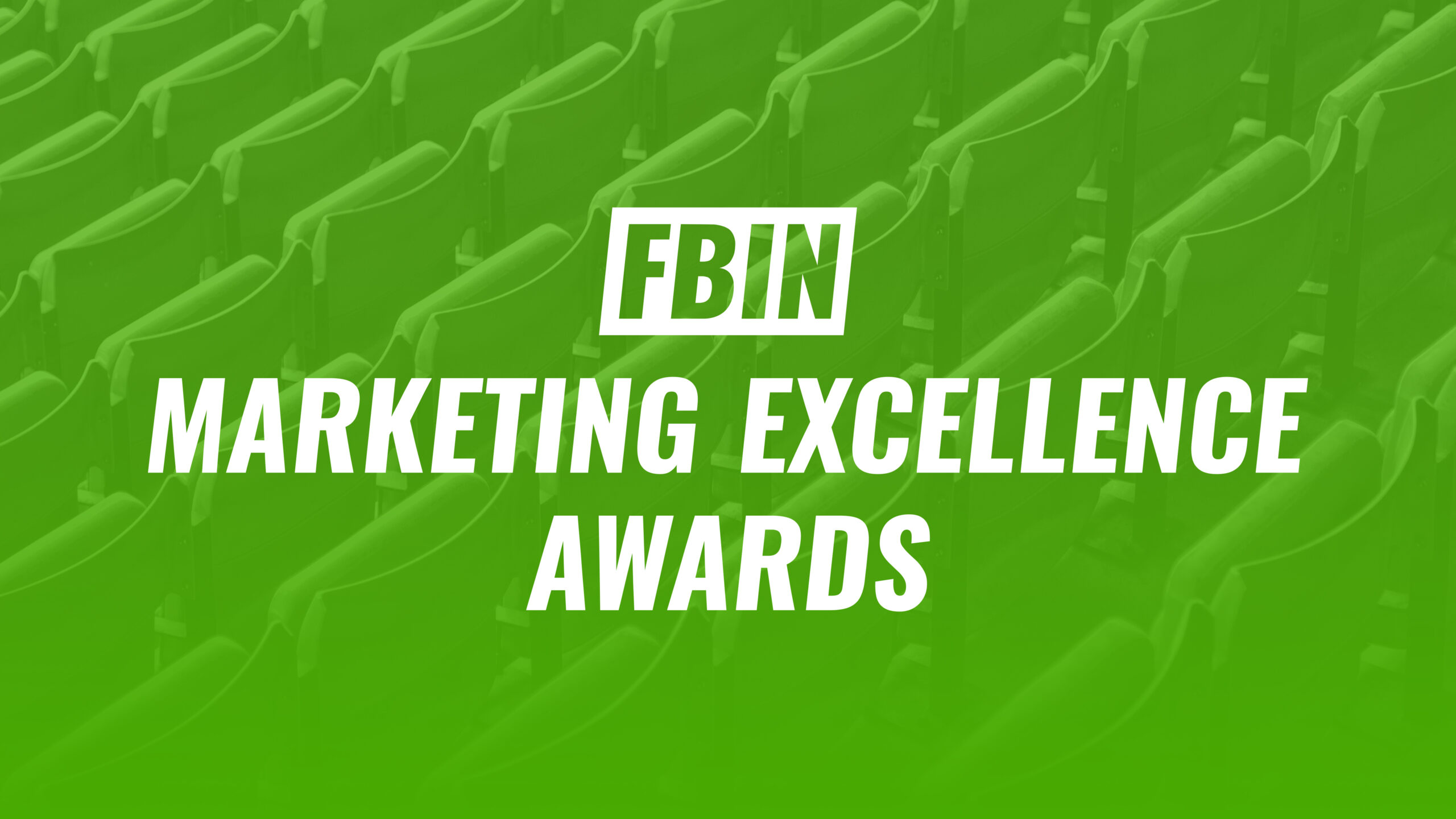Stefan Lavén, CEO of Data Talks, speaks about how a CDP can be a mighty tool for clubs to work with data they gather and monetize it.
You are offering a Sports CDP. What is that?
A Sports CDP is a platform that allows sports organisations to collect, analyze and act on their data to increase revenue while creating a personalized fan experience. By using a CDP you can collect all of your first-party fan data, including demographic, transactional and behavioral data, and merge it into one overview of your fan base. This is what we call the single supporter view. In addition to that, the platform allows you to segment your fan base into groups of fans that share the same characteristics, preferences and behaviours.
Simply put, you’ll be able to understand who your most engaged and loyal fans are but also who your less engaged fans are. In other words, those that aren’t buying from you. With these insights, you can start tailoring your communication and marketing strategy to make sure you personalize each fan’s experience.
Why is it important for sports organisations to work with a CDP?
There are several reasons why a sports organisation should work with a Sports CDP. It’s a solution that allows you to adopt a strategy that is highly profitable as well as it is sustainable. Basically, you’ll be able to leverage and optimize current revenue streams and uncover new revenue streams while delivering a world-class experience to your fans.
Now, more than ever, It’s especially important to start leveraging fan data. The existing shift towards a digital fan experience accelerated drastically as covid-19 cleared out stadiums across the globe. This shift has fundamentally changed the sports industry as a whole, and the football industry is no exception. One asset that can help both sports organisations to overcome the challenge of giving their fans the experience they want as well as increasing their revenue is leveraging their fan data.
So, whether your objective is to increase your ticket sales, your merchandise revenue, attract larger high-value sponsorship deals or maximizing your matchday revenue, the CDP allows you to reach those goals by making sure you can effectively understand your supporters and target them.
Usually football organisations would ask – what’s in it for us financially. So… what’s in it for them?
Monetizing fan data can generate significant revenue for clubs, leagues and federations. As I already mentioned, they can use it to target fans directly to increase ticket sales, merchandise sales and matchday revenue. Another financial incentive is being able to provide better and more concrete value to potential sponsors. We have seen really good results in this case as well, and it’s a huge financial benefit for football organizations.
Do you have concrete examples, success stories?
I thought you’d never ask. We have seen incredible success from our customers in a very short period. For instance, one of Sweden’s biggest football clubs, AIK generated six figure revenue from a single marketing campaign. Their goal was to get as many of their supporters as possible to buy a season ticket. What did they do? They prioritised having a 360-degree view of each of their supporters by using a Sports CDP and then they divided their supporters into three segments and began to send personalized emails to each supporter segment. This campaign resulted in more than €100,000 generated from a campaign targeting only about 2% of their entire supporter database. And all of this was created in the space of two weeks.
Another example is Greek football club PAOK FC. They could have simply relied on their success on the field to continue boosting their merchandise sales, but they didn’t. PAOK understood that there is only so much momentum you can maintain from one event – even if that event is the best thing to ever happen. Knowing this, they decided to take advantage of an upcoming Black Friday with a “Black and White Friday” sales campaign. PAOK saw a merchandise sales increase of 141%, compared to their previous record by having a Black (&White) Friday campaign.
You are working for clubs of different sizes, does a CDP make sense for every organisation?
Absolutely. Regardless of your size, working with fan data to generate revenue and improve fan experience, is something that should be a priority. The use cases of a Sports CDP are many, so depending on your size and the goals you’re trying to achieve, there will be use cases that fit you and your club. For smaller clubs it could be for instance to have relevant, personalized and automated communication with their supporters, and targeted campaigns to maximize matchday revenue. For larger, more digitally mature clubs, the objective might be to apply a RFM (Recency-Frequency-Monetary) analysis to discover different engagement levels in their fan base. Regardless of your goals, a CDP will make it easy for you to work with your fan data on an everyday basis.
What is a CDP currently capable of and how will that develop in the future?
The CDP is ever-evolving to make sure our sports organisations can work with data in an effective way. One capability is of course for you to gain an actionable understanding of your fans. Meaning, that you can act on those insights to create revenue for your organisation. Other core capabilities include plug & play integrations with major ticketing and e-commerce providers (Ticketmaster, AXS, Seatgeek, Magento, Shopify etc) so getting started is easy, understanding both known and unknown fans (on aggregated level), the ability to flexibly segment your data in the way you want to understand your fans, out of the box dashboards for major sports business areas (ticketing, merchandise, OTT, membership etc). Going forward, the CDP will evolve to continue to support sports organisations in becoming more data-driven and finding ways to create revenue based on what their data is telling them.
You are a partner of the FUTURE OF FOOTBALL BUSINESS Conference we organise in Graz on 1 September. What can the attendees expect?
The attendees can expect for us to share insights on why it’s so important for the football industry to start using fan data to create revenue in the world we’re currently in. I’ll talk about this in our session Data in Football: How to win off the pitch by monetizing fan data. We’re very excited to participate in the FOFBC and getting the opportunity to understand clubs’, leagues’, and federations’ challenges better and how data can power a bright future.


 Upgrade to Premium Now
Upgrade to Premium Now





